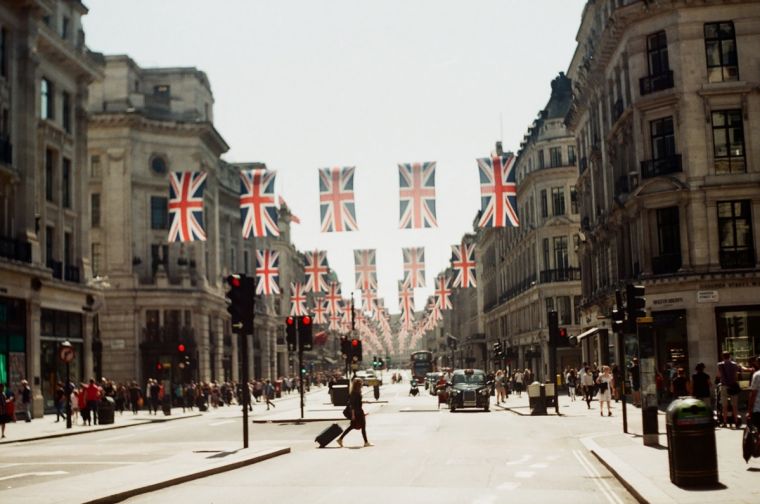In the face of Brexit turmoil, every church must be a peacemaker, says Archbishop of Canterbury

Christians must make sure they are praying for the nation's leaders, not standing on the sidelines and judging them, the Archbishop of Canterbury has said.
Addressing the Church of England on the last day of Synod on Saturday, Justin Welby said Brexit was a 'historic moment' as he called on churches do their part to heal divisions and foster reconciliation in their communities, starting with five days of prayer as the deadline approaches.
He acknowledged that even members of the Church of England were not uniform in their views on Brexit but said that regardless of what happened, they were called to continue loving others 'in ways that show, whatever the shocks, we remain confident and active serving the risen Christ in the power of the Spirit'.
'But one way or another, better or worse, life will go on – and God's mission is not stopped by such events,' he said.
He admitted, however, that great uncertainty lay ahead, particularly for the economy and how the changes will affect poorer communities.
He also accused politicians of failing to properly address sources of 'pain and exclusion' in British society that run the risk of creating greater division and 'ultimately strife'.
'But Brexit has revealed how our politics and society have, for many decades, not paid sufficient attention to the common good: that shared life of a society in which everyone is able to flourish,' he said.
The Archbishop went on to challenge the church to foster peace, speak up for justice, and support the most vulnerable in society.
'Now is the time for every part of the church in every place to be a peacemaker. To play our part in uniting our country, and to put the most vulnerable at the centre of national life,' he said.
'We cannot ignore the warnings that have been proffered about the possible profound impact that the next months may possibly have on the poorest of our society.
'We must be ready for any difficulties and uncertainties, and not allow any destructive forces to create further divisions in society.
'It is true that no predictions on the economy are certain. That is not project fear. It is saying that where there are risks it is the strongest, not the weakest, who must take the weight of the risk.'
He concluded with a call to Christians to pray for the nation's leaders, including those they do not agree with.
'Those who bear the grievous burdens of political leadership, on all sides, by definition are faced with resolving the current crisis. We must not forget that the burdens on them are enormous,' he said.
'We must pray, as Paul tells Timothy, for "all who are in high positions" (I Tim 2:2). It is easy to stand on the sidelines and judge; we do not have to make the decisions.
'But we must commit to pray for them. For those who are close to them, for their wisdom, and their blessing. That does not mean agreeing; it means loving, as we have been loved by Christ.'











